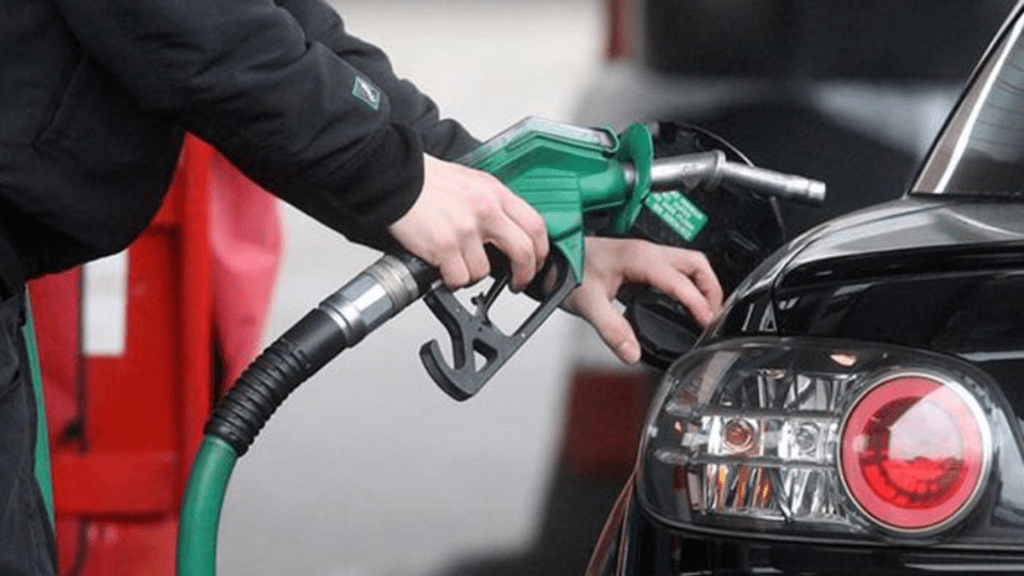Discover the current price of petrol in Pakistan, influenced by global oil trends, domestic policies, and government initiatives to ensure stability and affordability for consumers. Stay informed to navigate transportation costs with confidence.
As drivers, commuters, and individuals reliant on transportation, understanding the dynamics of petrol prices is not just about economics; it’s about planning, budgeting, and adapting to the ever-changing landscape of fuel costs. In Pakistan, where mobility is a crucial aspect of daily life, staying informed about the price of petrol holds paramount importance. Let’s delve into the current scenario and shed light on the prevailing price of petrol in Pakistan.
The Economic Backbone: Petrol Prices in Pakistan
Petrol prices in Pakistan are subject to various factors, both domestic and international. The global oil market, exchange rates, government policies, and taxation mechanisms collectively influence the price that consumers pay at the pump. While international trends set a baseline, domestic factors such as taxes, transportation costs, and refining expenses further shape the final price tag on petrol.
Current Situation: Price Analysis
As of the latest update, The Petrol Prices in Pakistan stands at [current price per liter]. This figure reflects a delicate balance between global oil trends and domestic policy decisions aimed at ensuring stability and affordability for consumers. Despite fluctuations in international markets, Pakistani authorities strive to maintain a predictable pricing mechanism to mitigate sudden shocks to consumers.

Factors Influencing Price Fluctuations
The price of petrol in Pakistan is not static; it ebbs and flows in response to a myriad of factors. Geopolitical tensions, supply chain disruptions, and shifts in demand patterns are just a few examples of variables that can prompt fluctuations in petrol prices. Moreover, domestic policies, such as taxation adjustments and subsidies, play a crucial role in moderating the impact of external forces on the local market.
Government Initiatives: Ensuring Stability
Recognizing the significance of petrol prices in the daily lives of citizens, the Pakistani government implements various measures to stabilize the market. Subsidy programs, price controls, and strategic reserves are among the tools employed to cushion consumers from abrupt price hikes. These initiatives not only foster economic resilience but also instill confidence among the populace regarding the government’s commitment to addressing their concerns.
The Consumer Perspective: Navigating the Cost
For the average Pakistani, the price of petrol transcends mere numbers; it directly impacts household budgets, business operations, and overall quality of life. By staying informed about price trends, consumers can make informed decisions regarding transportation choices, travel planning, and expenditure management. Additionally, understanding the underlying factors driving price fluctuations empowers individuals to advocate for policies that promote affordability and accessibility.
Looking Ahead: Future Projections
While predicting the future trajectory of petrol prices is a complex endeavor, informed insights can provide valuable guidance for stakeholders. Analysts suggest that maintaining a delicate balance between supply and demand, coupled with proactive policy measures, will be crucial in navigating potential challenges in the global energy landscape. By fostering resilience and adaptability, Pakistan can weather uncertainties and ensure stability in petrol prices for its citizens.
Conclusion
The price of petrol in Pakistan is not merely a statistic but a dynamic reflection of global trends, domestic policies, and consumer realities. By understanding the intricacies of petrol pricing and staying abreast of developments, individuals can navigate the complexities of transportation costs with confidence and foresight.
As Pakistan continues its journey towards economic prosperity, ensuring affordability and accessibility in petrol prices remains a shared responsibility, uniting citizens, policymakers, and stakeholders alike.
